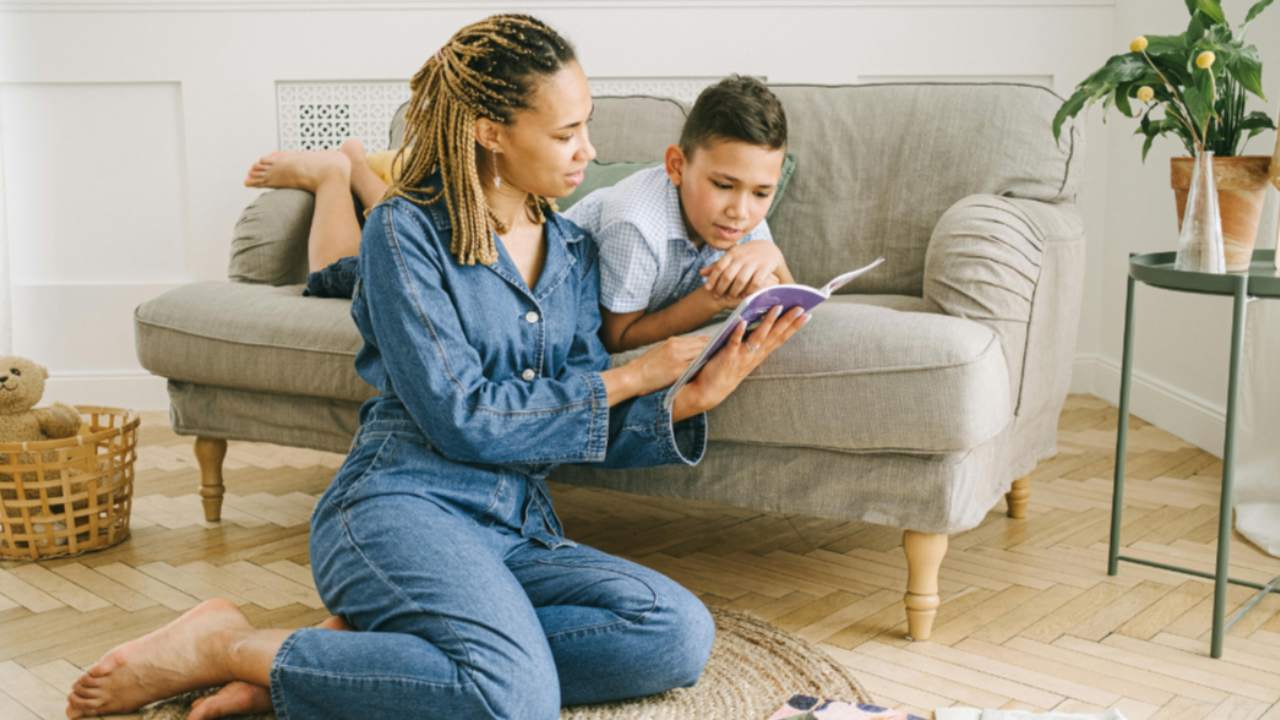#049 Is It Discipline or Just a Mommy Meltdown? How to Lead with a Calm, Clear Plan
May 03, 2025One of the hardest moments in motherhood is figuring out where discipline ends and punishment begins.
And the truth is, I’ve messed this up before.
The question I’ve learned to ask myself—and the one that changed everything—is this:
“What emotion am I acting from right now?”
Because if I’m not coming from a calm, sensible place, it’s not discipline.
It’s punishment.
Or let’s call it what it really is—a mommy meltdown.
That moment of lashing out or snapping isn’t about the child.
It’s about me—my lack of predict, my lack of plan, and the emotions I haven’t processed.
I didn’t expect my child to test that limit (again).
I didn’t map out a response ahead of time.
And so I exploded—and created a gap between us instead of a bridge.
Discipline, real discipline, doesn’t feel like that.
It feels steady. It feels strong.
It’s not always fun, but it leaves the door open for growth and connection—even after mistakes.
I recently saw a post from a mom who was clearly at her wit’s end. Her kids had destroyed the backyard with gardening shears she’d given them. She insisted they knew better—but here’s the thing… whether they did or not, the responsibility still landed on her. Not because she’s a bad mom, but because they’re kids. And kids test.
What matters most isn’t the mess—it’s how we respond to it.
Over the years, both in my home and in the hundreds of families I’ve worked with, I’ve seen one thing over and over:
When I react without a plan, it creates distance.
But when I respond with a plan—even when it’s firm—it brings us closer.
Why? Because my child doesn’t feel attacked.
They feel guided.
And I feel like the leader, not the referee.
It helps to think of discipline the same way we think about something as ordinary as paying the electric bill.
You don’t pay it, the power gets turned off.
No drama. No shaming. No one from the power company shows up at your door to tell you how terrible you are.
They just turn off the lights. That’s the policy.
It might feel like punishment in the moment—no lights, no heat, no Wi-Fi—but it’s not emotional. It’s an exchange. A consequence. A result of choices made.
That’s the mindset I apply to discipline.
I ask:
-
What are the agreed-upon expectations?
-
What are the consequences when those expectations aren’t met?
-
Can I follow through without drama, lectures, or guilt?
When you shift your mindset from reaction to training, you stop parenting out of fear or frustration and start parenting from leadership.
This is especially true with teens.
Toddlers may test your patience, but teens?
They test everything.
And they should—it’s how they’re preparing to leave the nest.
But this is where our parenting “skill set” has to grow too.
You’re no longer just keeping the bumpers up on the bowling lane.
You’re helping them bowl a perfect game—with skill, responsibility, and independence.
So here’s the real test:
Are the consequences you set training your child for life, or just making them feel wrong?
Discipline, when done well, creates connection, responsibility, and growth.
Punishment creates fear, shame, or confusion.
And we all slip up—I have too.
But when you choose to lead with a calm, consistent approach, rooted in love and clarity, you create a home where everyone knows the rules, the roles, and the roadmap.
That’s not control.
That’s leadership.
And that’s what makes a family unbreakable.
Tired of losing your 💩 just to get your kids to help out?
Grab our free guide: “Why Do I Have to Lose My 💩 to Get My Kids to Listen to Me?” and start shifting the dynamic in your home—without yelling, bribing, or begging.




